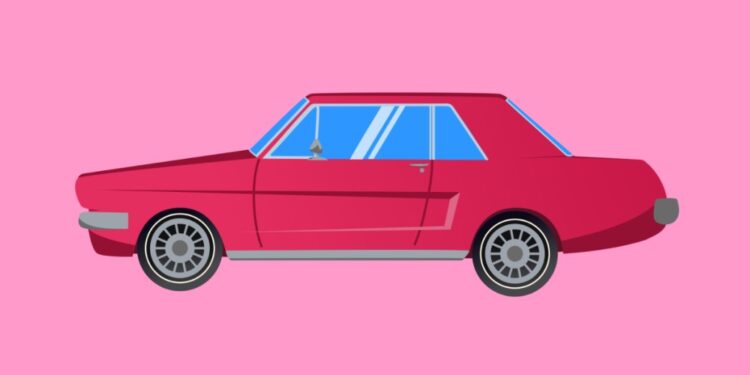A classic car is an older car, typically 25 years or older. The common theme is of an older car of historical interest to be collectible and tend to be restored rather than scrapped. Classic cars are a subset of a broader category of collector cars (which includes both restored classic cars vehicles and newer exotic vehicles). People are increasingly hoping on the trend of buying old project cars for restoration. While this trend is particularly fueled by the beauty and allure of a classic car, many often end up making impulse decisions and end up regretting.
Here are the factors to consider when buying a classic car for restoration.
1. Budget
Budget is a key factor to consider when purchasing a classic car for restoration. You need to first consider the financial aspect of the investment. Your budget will determine the kind of project you embark on. When looking at the budget, you should take the technical expertise and access to spare parts into consideration. Some parts of classic cars may not be available locally and therefore importation costs are a key factor to consider.
2. Choice of the car
Considering that people buy project cars for different purposes, it is important to take into consideration the choice of car to buy. People buy classic cars for personal use; for business such as hiring them out for music shoots or weddings; and even to sell them off at a profit. What type of car do you want to restore? It is important to remember that the older the car, the more difficult it is to restore it. This is because finding the right mechanic who understands the car and the right parts for the car can be difficult.
3. Time factor
Time is an important factor for successful restoration projects. Restoration is a full-time job. You need to be ready to spend not just money but also time on the project. You need to only embark on these projects if you enjoy the tedious work involved.
4. Due diligence
It is important to carry out due diligence on the documentation of the old project car before buying it for restoration. This will help with obtaining approval from the various government agencies. You also need to do due diligence on the mechanic you engage in the project. Do they have a proven track record of restoring cars? This helps prevent them from selling you hot air and once you sign the contracts, they fail to deliver. Don’t cut corners because such moves will come back to haunt you in the future.
5. Pros and cons of the project
There are very many advantages of buying old project cars for restoration. Classic cars are conversation starters, they have sentimental value and status symbols. However, they are neither fast nor efficient and often have safety issues as they lack all the features of modern-day cars. Again, in such projects there will be people who will want to race you, hit you, or even steal some part of your car for whatever reason.















